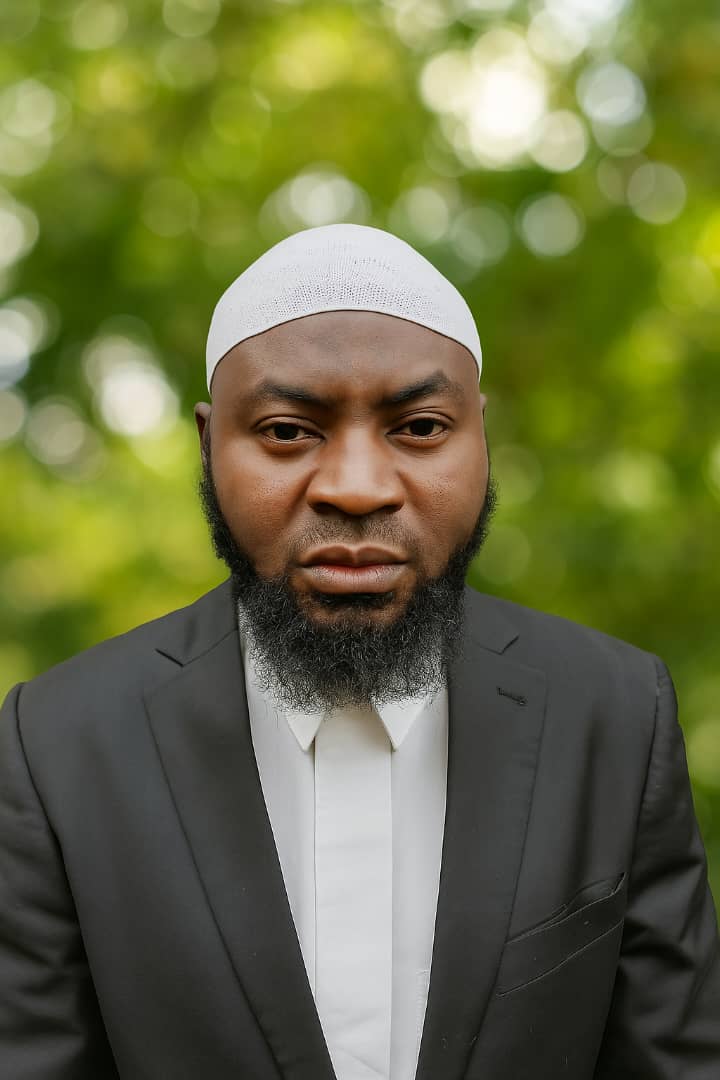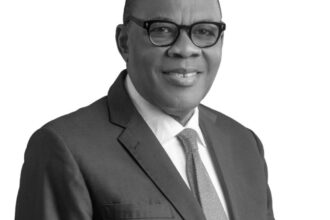
By Mallam Ibrahim Agunbiade
In Nigeria, no existing law forbids citizens from wearing religious head coverings. Whether turban, hijab, or niqab in courtrooms. Yet, public misunderstanding continues to blur the line between cultural etiquette and constitutional rights.
Many Nigerians assume that religious head coverings are “not allowed” in court. This belief, however, has no legal backing. It traces its roots to colonial-era courtroom traditions influenced by Judeo-Christian culture, where removing hats indoors was considered a sign of respect. While such etiquette may be seen as polite, it carries no legal consequence under Nigerian law.
Still, the courtroom order rests under the discretion of the presiding judge. A judge may instruct anyone to remove a head covering or step out of court if it is viewed as inappropriate or disruptive. The real issue, therefore, is not etiquette but discretion versus constitutional freedom.
This raises pertinent legal questions:
Does a judge have the right to ban religious headwear in court?
Is there a specific law that supports such an action?
What are the implications for those who insist on wearing religious coverings before the bench?
Should anyone ever be expelled or denied audience for wearing a turban, cap, or hijab, such a person is entitled to seek judicial interpretation. The Nigerian 1999 Constitution (as amended), particularly Section 38, guarantees freedom of thought, conscience, and religion, including the right to manifest one’s religion in practice, teaching, and appearance.
A notable example highlights this reality. During several court sessions involving Professor Ishaq Lakin Akintola, Director and Founder of the Muslim Rights Concern (MURIC) which I personally attended, he never once removed his turban throughout proceedings. His right to wear it was respected without question.
Similarly, in the International School, University of Ibadan (ISI) hijab case, distinguished figures like Barrister Adebayo Shittu, Professor Taofeeq Yekeen, Alhaji Abdur-Rahman Balogun(ARAB), Dr Badru, Professor Akinoso, Alhaja Adekemi and others were in attendance. While some voluntarily removed their caps, Professor Akintola’s turban remained firmly in place and the court raised no objection.
These instances affirm that many Nigerian judges understand and uphold religious freedom in their courts. It reflects maturity in judicial practice and strengthens Nigeria’s standing as a multi-religious nation governed by law, not bias.
Indeed, as the popular saying goes, “All animals are equal, but some are more equal than others.” But when it comes to constitutional rights, equality must not be selective. Whether Muslim or Christian, every Nigerian deserves to have their faith and identity respected in all public institutions including the courts.
Let us, therefore, continue to stand for our rights with knowledge, patience, and respect.
Religious freedom is not a favour from authority, it is a fundamental right guaranteed by law.
#MURIC #ReligiousFreedom #HijabRights #Justice #Nigeria #IslamicIdentity
Mallam Ibrahim Agunbiade.
Taalib Jami’ei, Islamic Propagation Rabwa Saudi Arabia
agunbiadeib@gmail.com
5th November, 2025






